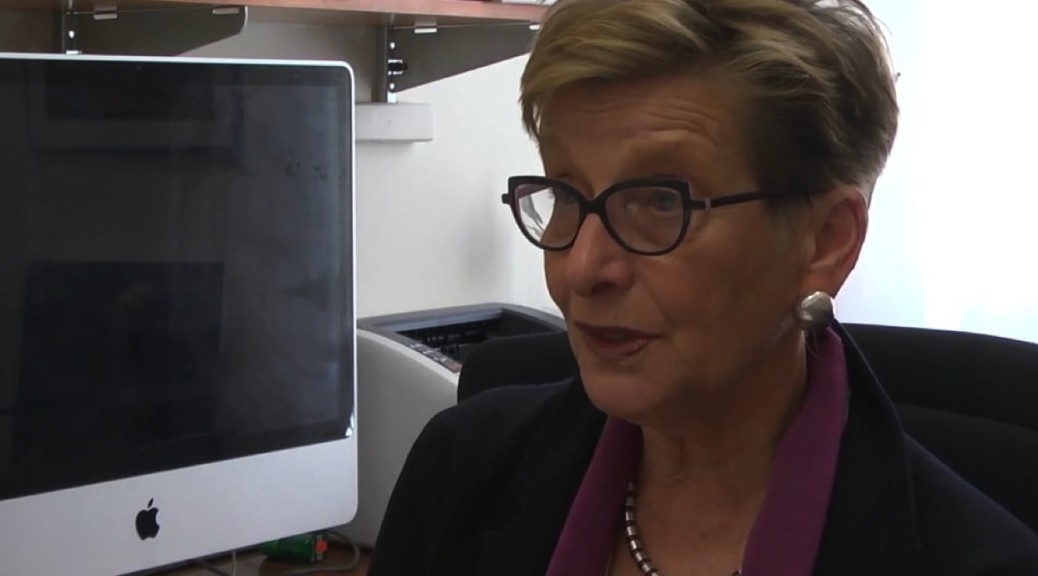MARIANNE HIRSCH
Professor of English and Comparative Literature
IRWGS Core Faculty
Director of IRWGS, 2007-08, 2015
Well, the field is changing. Students are changing and I think the curriculum is changing as well. I mean, the biggest shift, curricularly, is that we’ve added “Sexuality” to our name. I think we’ve always been doing sexuality and we are the place at Columbia, certainly in Arts & Sciences, that’s doing sexuality. We’ve been trying to appoint a faculty member in that field, but short of that, we have a number of people who teach it and who have come forward and been willing to teach it. I think that move towards sexuality has been a very big one. The global focus is getting more urgent. I think it already was when I first arrived here and at Columbia. IRWGS appointed Lila Abu-Lughod and Beth Povinelli, so they’ve brought that in and Roz Morris was the director when I first was hired. I think we’ve had that very much at the forefront of our mission, but it takes constant care to maintain it and to enlarge it. We’ve tried to appoint somebody in Latin American Studies, for example. That didn’t succeed but we’re hoping to do, again, this constant vigilance to try to have course offerings that are broad in that way. That’s been some of the shift.
I think what I’ve seen also is a shift in student culture. I feel like recently, really, in the last two or three years, students are just more activist. Changing things in the world seems more urgent to them. I think the kinds of sophistication about analyses of issues of social difference has just been so much more at the forefront of students’ thinking, both undergraduate and graduate. That’s been a shift from the first decade of this century when I think fighting the war was a big issue, and then the economic depression, I think, made all of us more discouraged and probably students more quiescent.
We’re doing this interview on the heels of the protests in Baltimore, so I think we’re seeing something erupt that has been building and it has to do with just tremendous economic inequalities. I’d like to think that students are beginning to realize what it costs their parents for them to be getting this education and to take a look at what that privilege means and who is excluded from it. I think that’s part of it. In terms of gender and sexuality, I think just this larger conversation that’s been taking place in the US that comes out of the gay marriage debate––I think the country’s become so polarized around every question that students are being drawn into some of these questions, whether they want to or not.
I don’t think it’s because the curriculum has changed. I think that students are pushing against the limits of the curriculum, which has not necessarily changed. At the same time, there are a lot of initiatives that are beginning at Columbia, for example, the Justice Initiative and teaching in prisons. I mean, that’s kind of new here and the opportunities to do more of that, more work with the community, public humanities––I think those spaces are opening up and I think students are seeing those opportunities.

